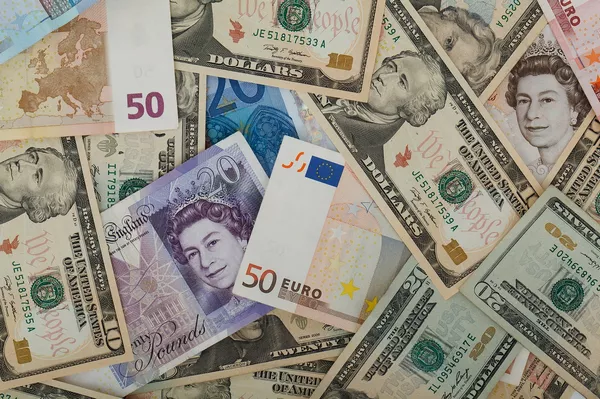The British pound, also known as the GBP or simply the pound, has been one of the strongest currencies in the world for several decades. This strength has made it a popular currency for investors and traders alike. In this article, we will explore the reasons behind the pound’s strength and what factors contribute to its ongoing performance.
-
Economic Stability
One of the primary reasons for the pound’s strength is the UK’s economic stability. The country has a well-developed economy that is diversified across many sectors, including finance, manufacturing, and services. Additionally, the UK has a stable political climate and a solid legal system, making it an attractive destination for foreign investment.
Furthermore, the Bank of England (BoE) has a reputation for maintaining a stable monetary policy that keeps inflation under control. This discipline helps keep interest rates low, making borrowing more affordable for businesses and individuals alike. Thus, the UK’s economic stability is a key driver of the pound’s strength.
-
Interest Rates
Interest rates have a significant impact on a currency’s value. When interest rates rise, investors tend to favor that currency because they can earn higher returns on their investments. On the other hand, when interest rates are low, investors may seek out higher yielding currencies elsewhere.
The BoE has traditionally maintained relatively high interest rates, which is another factor that contributes to the pound’s strength. However, in recent years, the central bank has lowered interest rates to support the economy during the COVID-19 pandemic.
-
Trade Relationships
The UK has strong trade relationships with many countries around the world. These trading ties help ensure a stable stream of income for the country, which supports the overall strength of the economy and the pound.
Additionally, the UK has strong trading relationships within the European Union (EU). Although the country has left the EU, it still maintains close economic ties with the bloc. These ties are reflected in the ongoing Brexit negotiations, which have had an impact on the pound’s strength. In particular, when progress is made towards a favorable Brexit deal, the pound tends to rise in value.
-
Political Stability
Political stability can be a significant driver of currency values. If a country experiences political turmoil, it can have a negative impact on its economy and currency. Conversely, countries with stable political climates tend to attract foreign investment and maintain stronger currencies.
The UK has a long history of political stability, with a well-defined democratic system and a strong legal framework. This political stability has helped support the pound’s strength over the years.
-
Global Reserve Currency
Finally, the pound is one of the world’s most significant reserve currencies. A reserve currency is a currency that central banks hold as part of their foreign exchange reserves. These reserves help stabilize a country’s currency and provide liquidity for international trade and financial transactions.
The pound’s status as a global reserve currency adds to its overall strength. It also helps ensure that the pound remains an important currency in international trade, even in times of economic uncertainty or market volatility.
Conclusion
In conclusion, the British pound is one of the strongest currencies in the world due to several factors. The UK’s economic stability, interest rates, trade relationships, political stability, and global reserve currency status all contribute to its ongoing strength. These factors make the pound an attractive currency for investors and traders alike, and it is likely to remain an important currency in the global financial system for many years to come.


